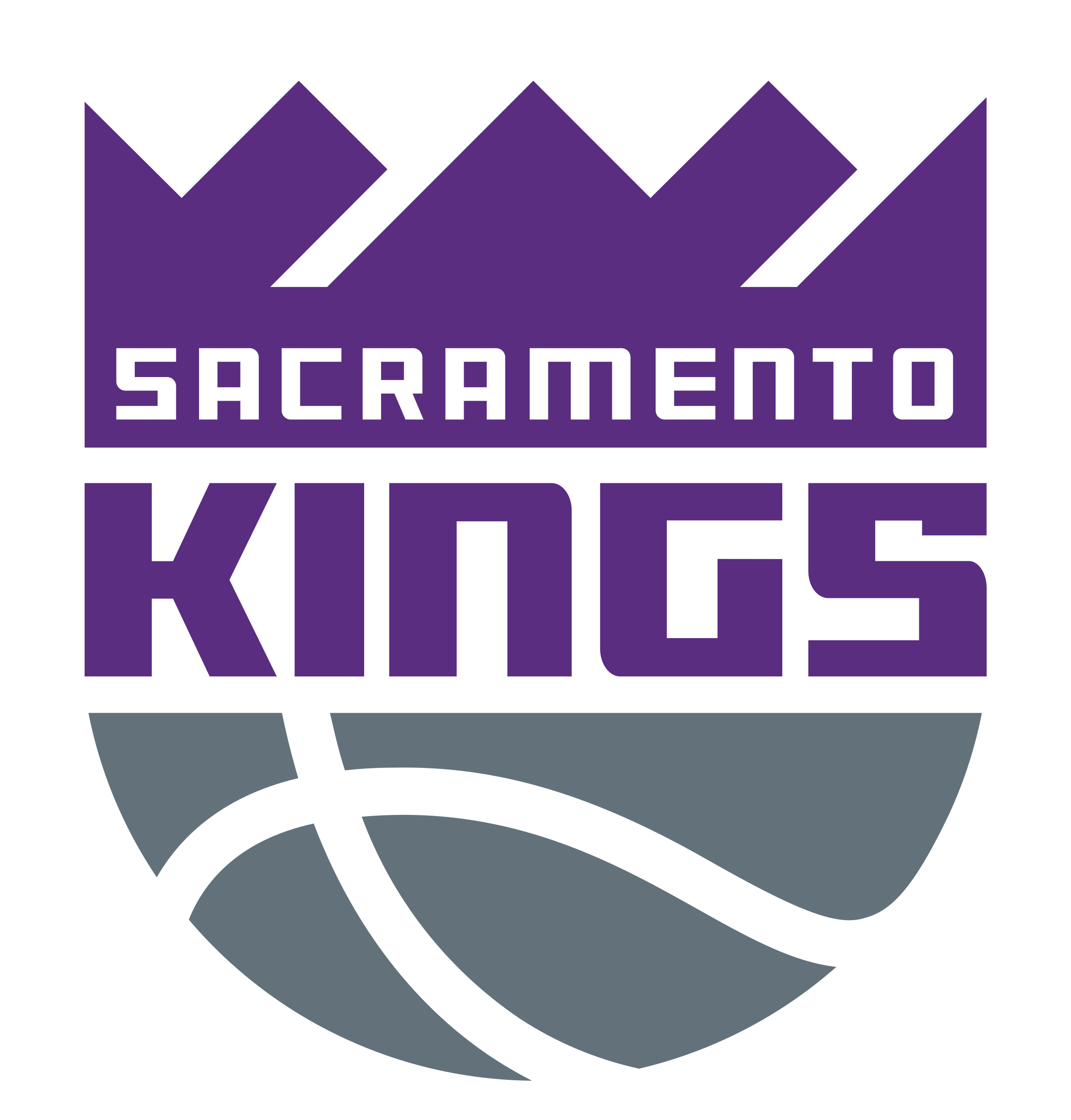Bitcoin mining is the act of using specialized computer hardware to verify transactions on Bitcoin’s Blockchain network, an open and public ledger that cannot be altered, but what exactly does that mean? What’s actually happening behind the scenes when one is mining Bitcoin? If you’re still new to the idea of cryptocurrencies like Bitcoin, the inner workings can seem a bit hard to grasp, but that’s where we come in.
To be a little more accurate, Bitcoin mining is the act of solving complex “proof of work” algorithms to verify when someone sends Bitcoin to another person; how much, to whom, and ensuring sure the portion of Bitcoin changing hands hasn’t already been sent somewhere else. In exchange for lending their computing power to the network, Bitcoin miners are rewarded via transaction fees, and when new blocks of information are created. We’ll get a little more into that soon.




